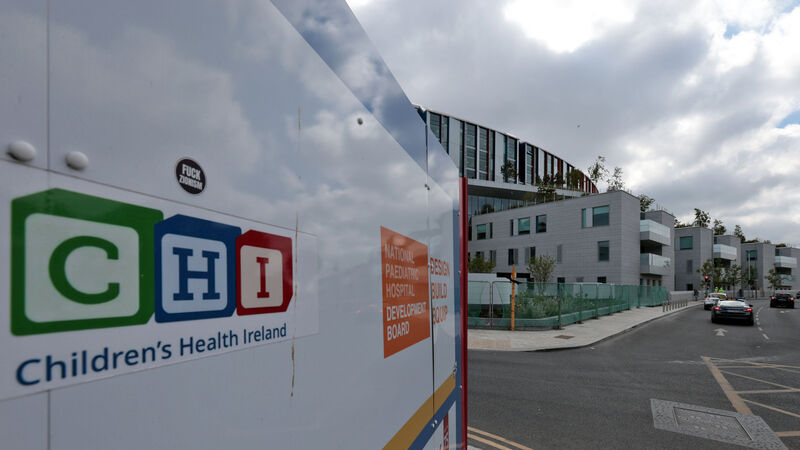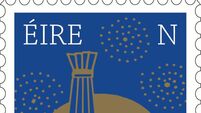Irish Examiner view: Is CHI merger more than just a U-turn?

Health minister Jennifer Carroll MacNeill said it was time to 'further integrate paediatric care formally into the HSE' ahead of the move to the new National Children’s Hospital, having spent several months reviewing governance structures in the health service generally. Picture: Colin Keegan/Collins








